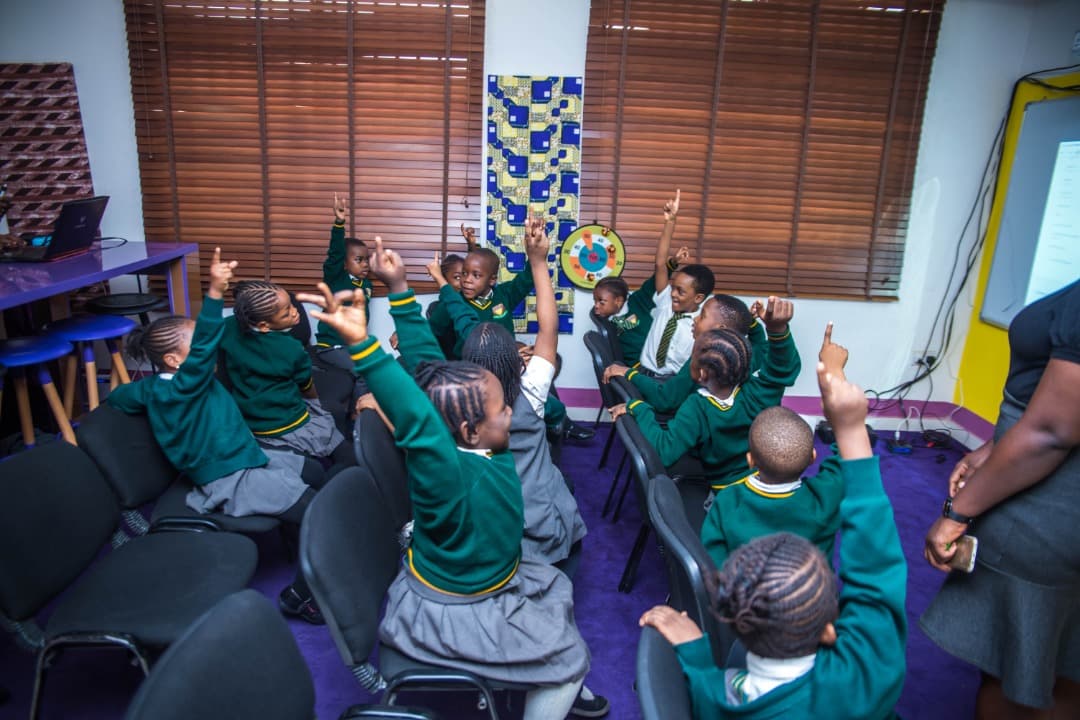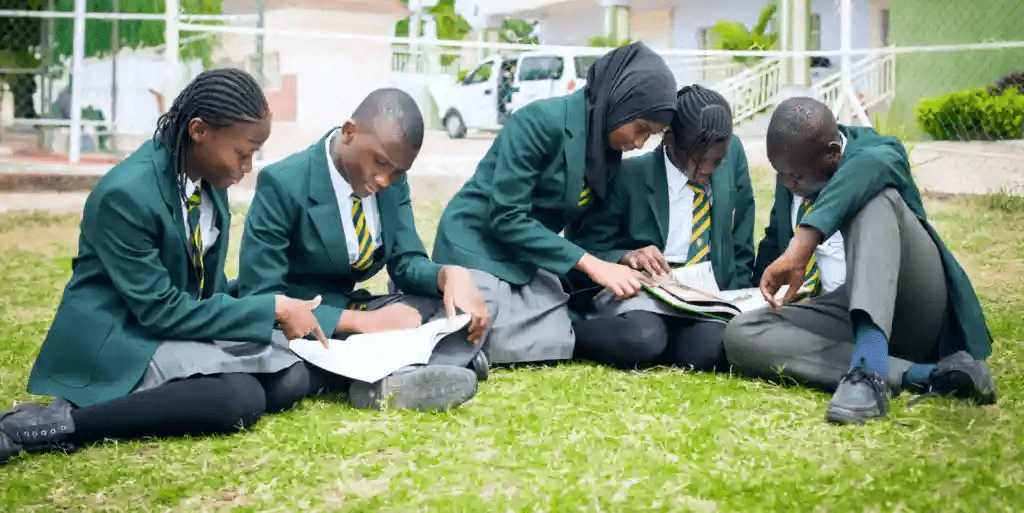Our Educational Philosophy
At Richland Academy, we believe that education extends beyond textbooks and examinations. Our holistic educational approach aims to develop well-rounded individuals who excel academically while developing character, creativity, and critical thinking skills. We foster an environment where students are encouraged to question, explore, and innovate.
Our curriculum is designed to be challenging yet supportive, allowing each student to progress at their optimal pace. Through personalized attention and differentiated instruction, we ensure that every student receives the support they need to thrive.
Academic Approach
Our academic approach combines rigorous standards with innovative teaching methods that engage students in active learning. We balance traditional educational foundations with contemporary pedagogical practices to prepare students for success in a rapidly changing world.
Key Features of Our Academic Program
- Low student-to-teacher ratios for personalized attention
- Integration of technology across the curriculum
- Inquiry-based learning that encourages critical thinking
- Regular assessment and feedback for continuous improvement
- Emphasis on both academic knowledge and practical application
- Focus on developing 21st-century skills including collaboration, communication, and creativity
- Character education integrated throughout the curriculum
Core Curriculum
Our comprehensive curriculum is designed to provide students with strong foundations in core subjects while allowing for exploration and specialization as they progress through their educational journey.
Language Arts & Literature
Developing strong reading comprehension, writing skills, and effective communication
Mathematics
Building problem-solving abilities and analytical thinking through a progressive math curriculum
Sciences
Exploring biology, chemistry, and physics through hands-on experiments and theoretical study
Social Studies & Humanities
Understanding history, geography, and civic education to develop informed global citizens
Technology & Computer Science
Developing digital literacy, programming skills, and technological competence
Arts & Creative Expression
Nurturing creativity and self-expression through visual arts, music, drama, and dance
Educational Divisions
Richland Academy provides a seamless educational journey from preschool through senior secondary school. Each division is tailored to meet the developmental needs of students at different stages while maintaining our commitment to academic excellence and character development.
Preschool (Ages 2-5)
Our early childhood program focuses on building foundational skills through play-based learning, developing social-emotional skills, and fostering a love for discovery.
Learn more about PreschoolJunior School (Primary 1-6)
Our junior school program lays a strong foundation for learning by encouraging curiosity, creativity, and a love for discovery through structured learning experiences.
Learn more about Junior SchoolSenior School (JSS1-SS3)
Our senior school prepares students for higher education and future careers through rigorous academics, leadership opportunities, and specialized programs aligned with students' interests and goals.
Learn more about Senior School
